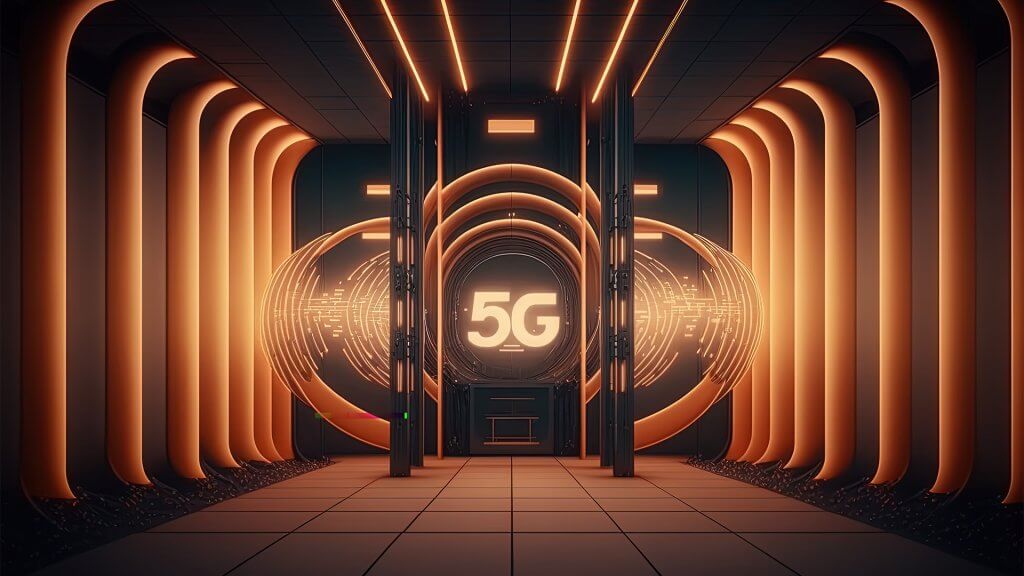
Artificial Intelligence (AI) has become an integral part of our lives, transforming industries and paving the way for new opportunities in various sectors. One such industry that has experienced significant changes is the web design industry. With the rapid advancements in AI technologies, web design agencies like Cheap Web Design are beginning to feel the impact of these innovations. In this guest post for Acquisition International, we will explore the influence AI has on the web design industry and discuss how it will shape web design agencies in the next five years.
The Emergence of AI in Web Design
The integration of AI in web design has led to the development of new tools and technologies that make it easier to create visually appealing and user-friendly websites. AI-powered design platforms, such as Wix’s ADI (Artificial Design Intelligence) and Adobe Sensei, are gaining traction as they enable users to create professional-looking websites without needing extensive design knowledge or experience.
These platforms leverage machine learning algorithms to understand user preferences and generate tailored design templates based on their needs. This development has made it easier for businesses and individuals to create websites quickly and affordably, which is particularly beneficial for smaller companies with limited budgets.
The Impact on Web Design Agencies
The rise of AI-driven web design tools is having a profound effect on web design agencies. On one hand, these innovations provide web design professionals with more efficient and powerful tools to create unique, high-quality websites. Designers can now harness AI technology to make data-driven decisions, optimise user experience, and automate time-consuming tasks.
On the other hand, these tools are also empowering non-professionals to create websites with little to no technical expertise. This has led to an increase in competition in the web design industry, with many businesses opting for cost-effective DIY web design solutions over hiring professional web design agencies.
Adapting to the AI Revolution
To thrive in this new environment, web design agencies must adapt and embrace the changes brought on by AI technology. Here are three key strategies that web design agencies should consider implementing in the next five years:
Offering AI-Powered Services
In order to stay competitive, web design agencies must offer AI-driven services that leverage the capabilities of AI technology. This may include utilising AI-powered design tools to create personalised websites, offering chatbot integration, or implementing AI-driven analytics to optimise user experience. By adopting AI-powered services, web design agencies can provide added value to their clients and stay ahead of the curve.
Focusing on Customisation and Personalisation
As AI-driven web design tools become more prevalent, the need for unique, customised websites will increase. Web design agencies should focus on offering highly personalised and tailored services to differentiate themselves from the competition. This may involve creating bespoke designs, offering custom branding solutions, or developing unique user interfaces to enhance user experience. By emphasising customisation and personalisation, web design agencies can cater to clients who require a more specialised service.
Emphasising Human Expertise
While AI technology is undoubtedly powerful, it cannot yet replicate the creativity and intuition of human designers. Web design agencies should emphasise the value of human expertise in their services, highlighting the importance of a designer’s ability to understand client needs, interpret user behaviour, and make informed design decisions. By focusing on the human element, web design agencies can ensure that their services remain relevant and sought-after in the age of AI.
The Future of Web Design Agencies
The integration of AI in the web design industry is undoubtedly changing the landscape, but this does not necessarily spell doom for web design agencies. In fact, it presents an opportunity for growth and innovation.
In the next five years, we can expect to see web design agencies offering a more diverse range of services that leverage AI technology. These services may include AI-driven content creation, image recognition, and optimization for voice search, among others. Agencies that can effectively integrate these technologies into their services will have a competitive edge, enabling them to cater to a broader range of clients and requirements.
Conclusion
The impact of AI on the web design industry is undeniable, and its influence will only continue to grow over the next five years. Web design agencies must adapt to this changing landscape by embracing AI technology, focusing on customisation and personalisation, and emphasising the value of human expertise.





















